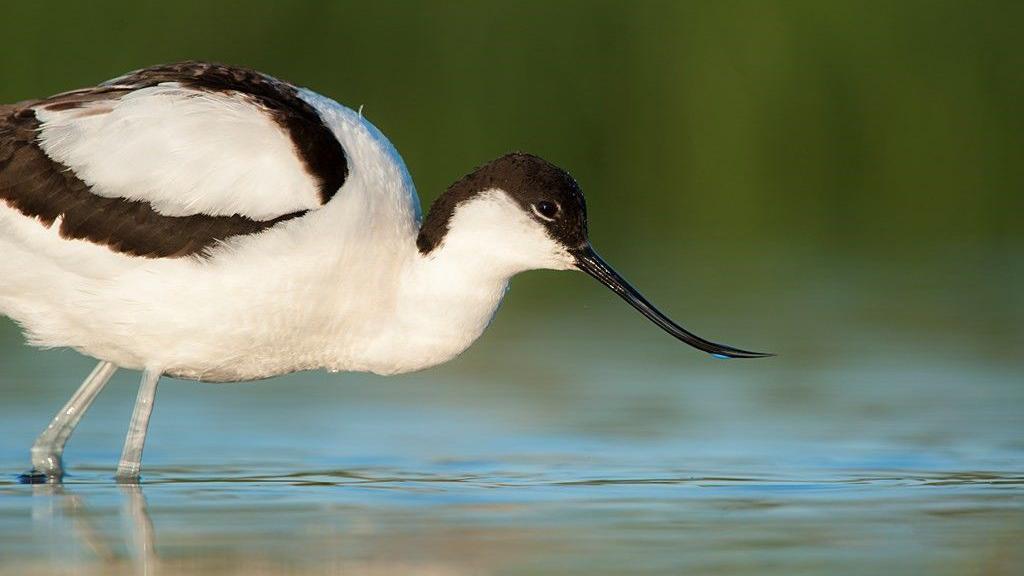Nature reserve celebrates finding its 500th moth
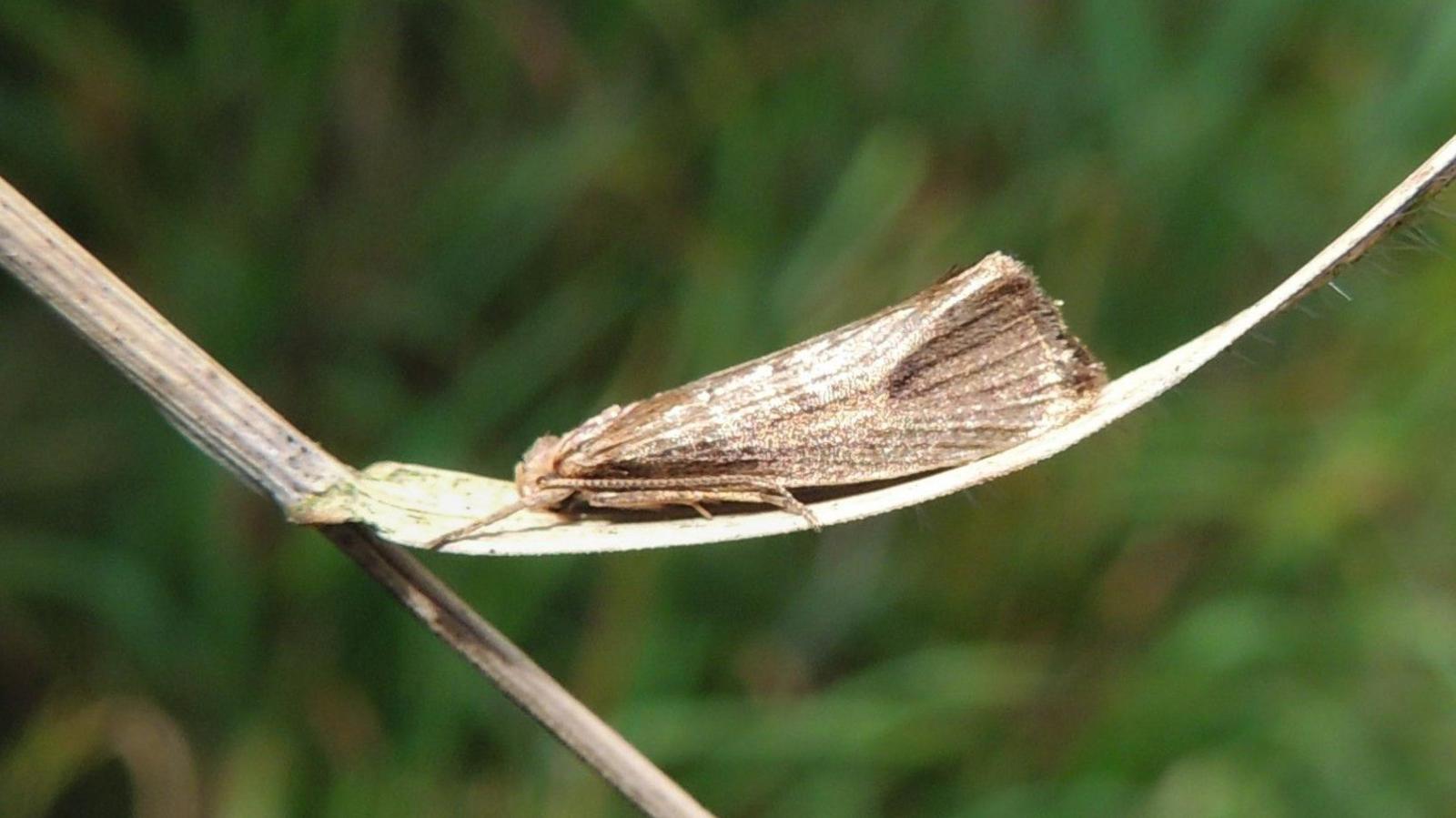
This is the first sighting of the Reed Minor Moth in County Durham for 50 years
- Published
A nature reserve has identified its 500th species of moth, one that has not been seen there for 50 years.
The sighting, at RSPB Saltholme, is only the fourth time the Reed Minor has been recorded in County Durham since it was first spotted in 1881.
It is one of 12 newly recorded moth species at the reserve which are considered nationally scarce.
Reserve warden, Ed Pritchard, said: "Finding the Reed Minor is exciting as it demonstrates the value of all the conservation work we are carrying out here".
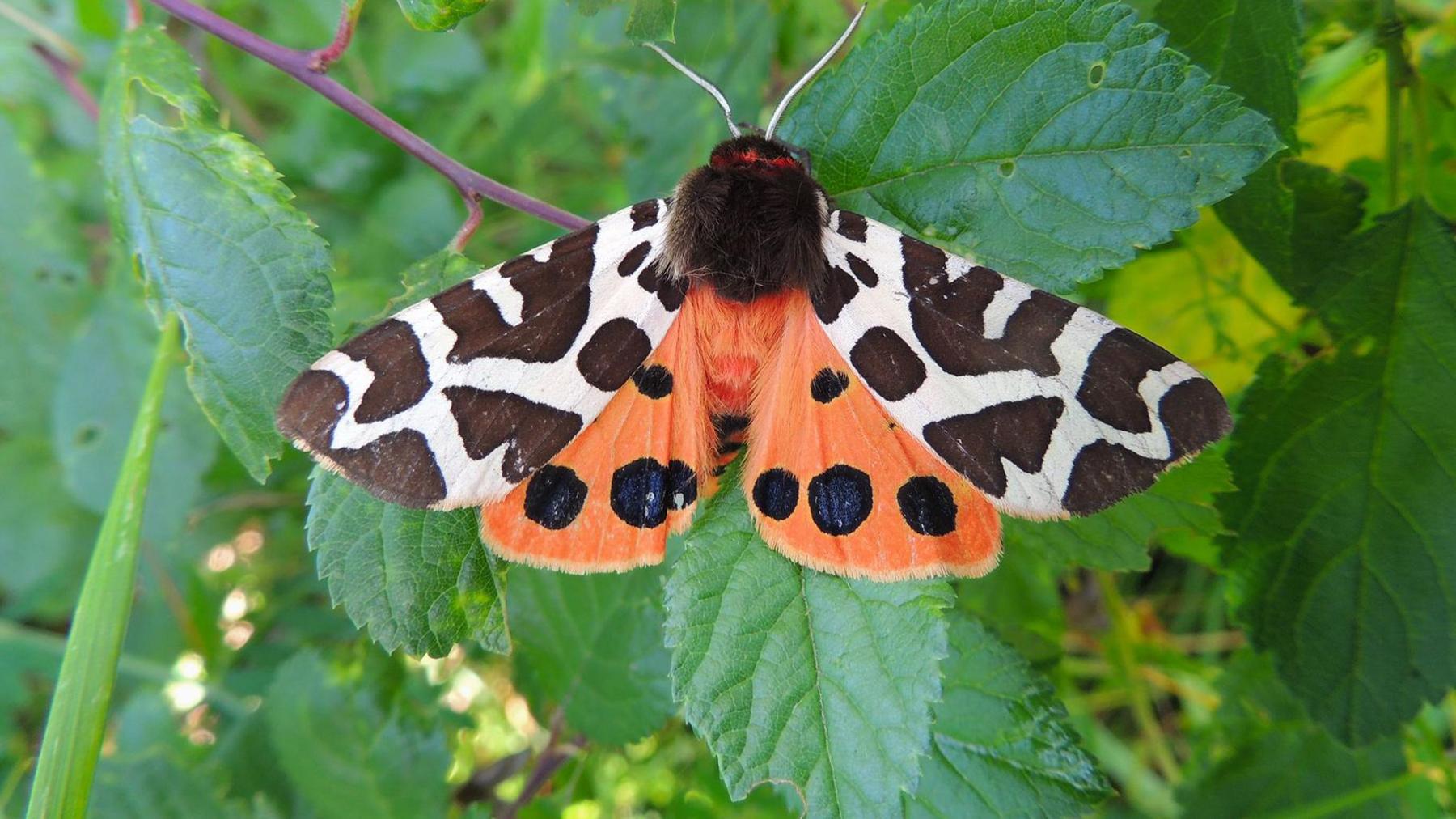
According to the charity Butterfly Conservation, there are approximately 2,500 species of moth in the UK
Other important moth species to be discovered recently include the micro-moths Tansy Plume, Saltern Lance, the Northern Crescent and the Sweet Grass Minor, the most northerly sighting of this species to date.
According to the Butterfly Conservation Charity, the overall number of moths in the UK has declined by 33% since 1968.
"Moths are fascinating creatures and a window into the wider world of insects and biodiversity," Mr Pritchard said.
"We tend to underappreciate what they do for us, because put simply, without moths and other pollinators, biodiversity and agriculture would collapse,” he added.
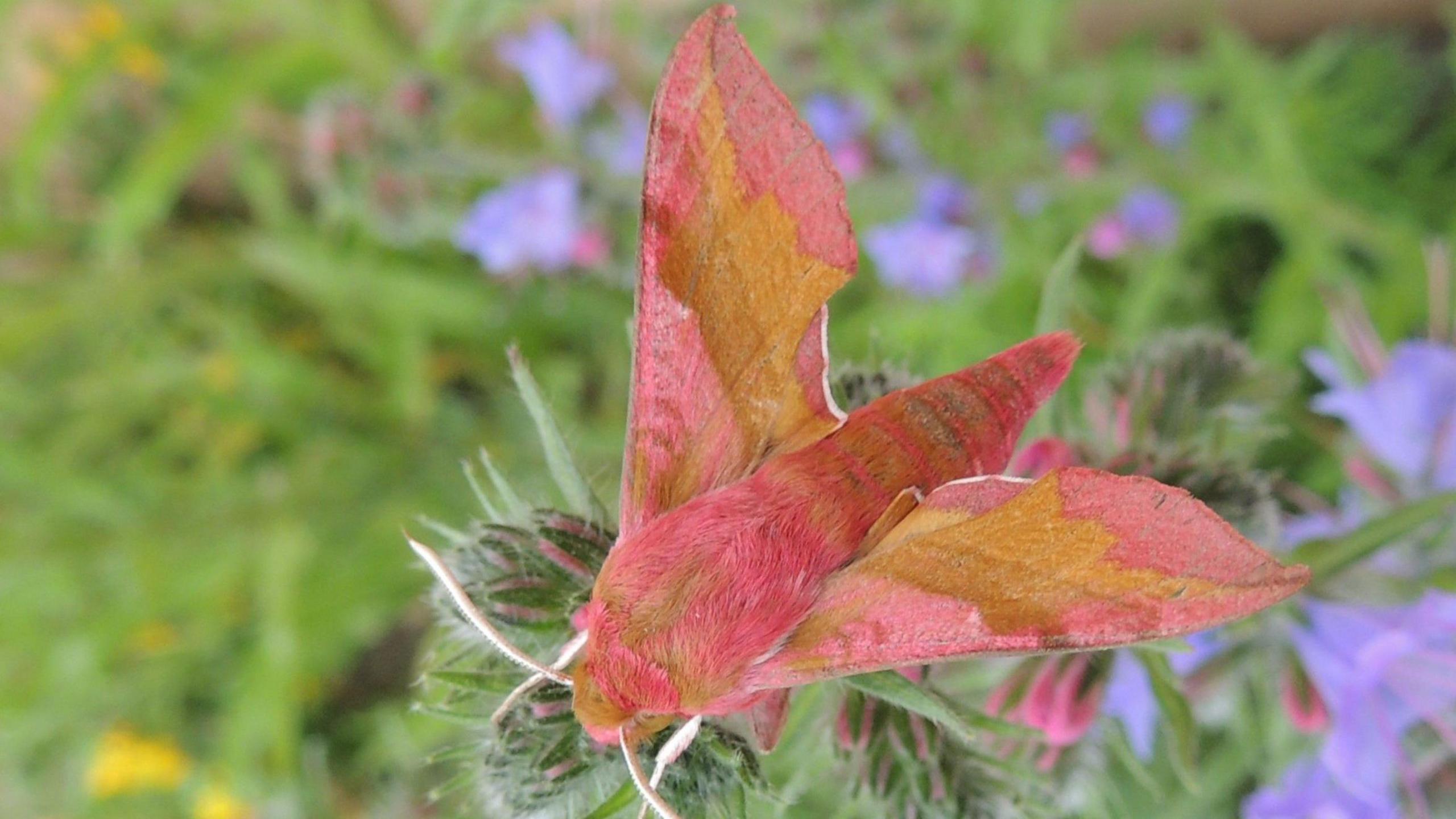
The elephant hawk-moth is expanding its range north
Regular monitoring of moths at RSPB Saltholme began in 2013, when 161 moth species were recorded.
Chris Francis, senior site manager at RSPB Saltholme, said: "Moths are such a diverse group and just as beautiful and impressive as butterflies.
"While recording our 500th moth species is great news, our insect populations are under threat, and we need to do so much more to reverse this decline, tackling climate change as well as creating the right conditions for these species to thrive."
Follow BBC Tees on X (formerly Twitter), external, Facebook, external and Instagram, external. Send your story ideas to northeastandcumbria@bbc.co.uk.
Related topics
More stories from BBC North East and Cumbria
- Published6 April 2023
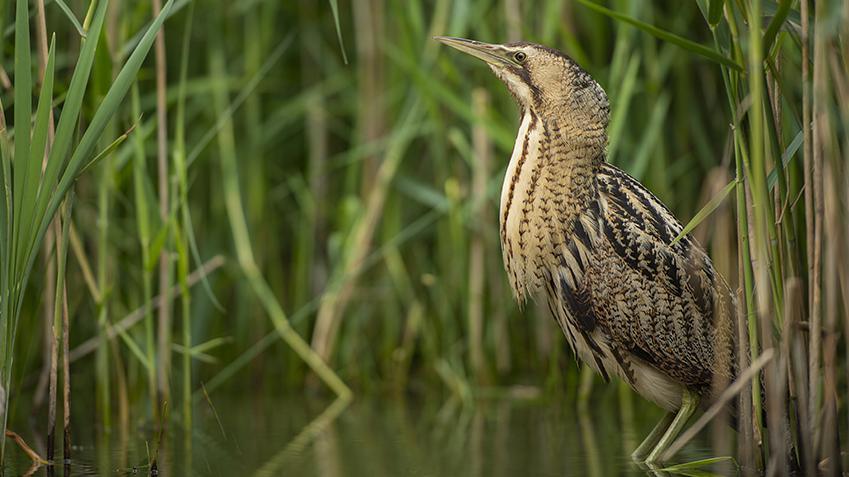
- Published24 May 2023
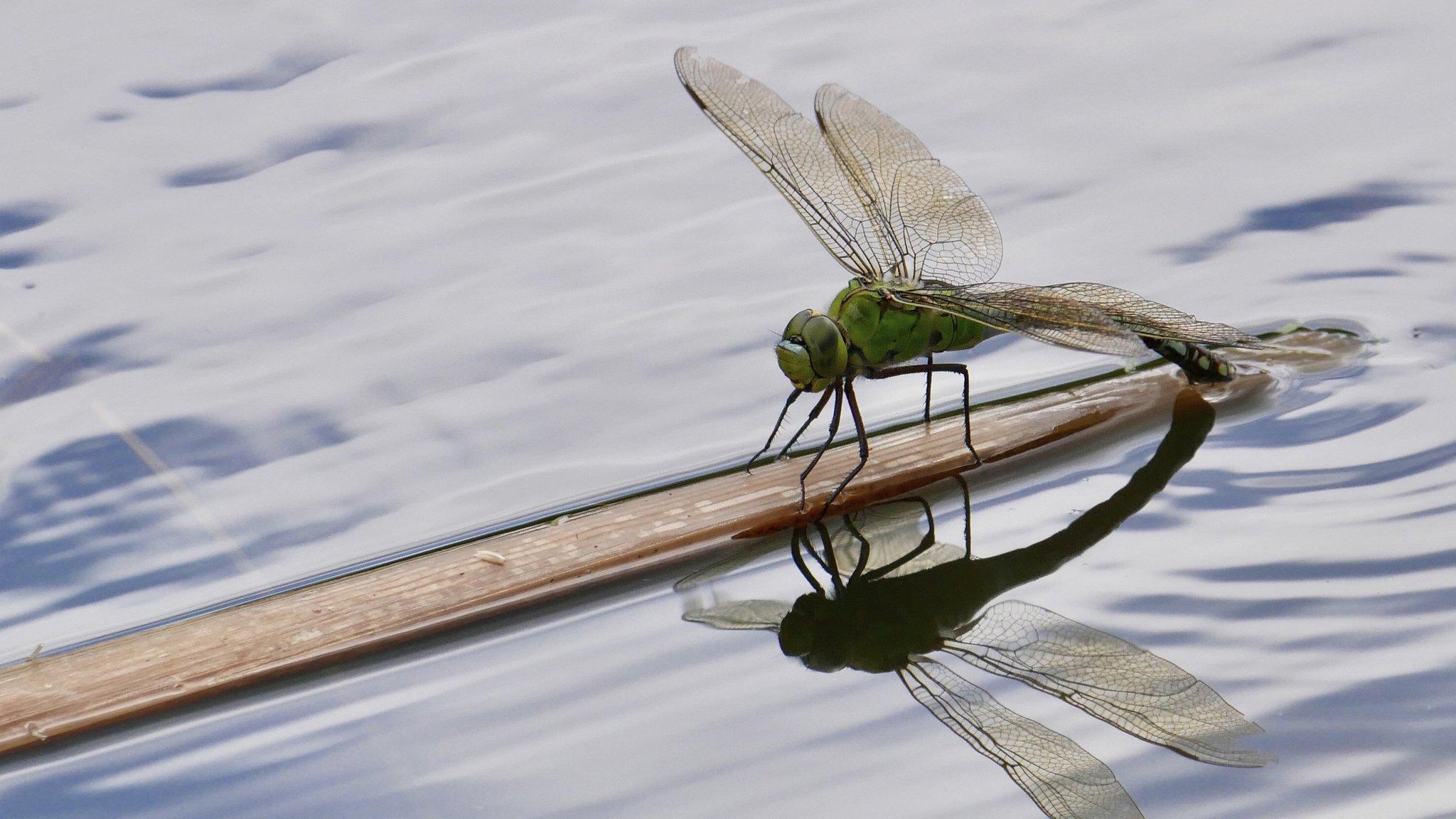
- Published2 December 2023
